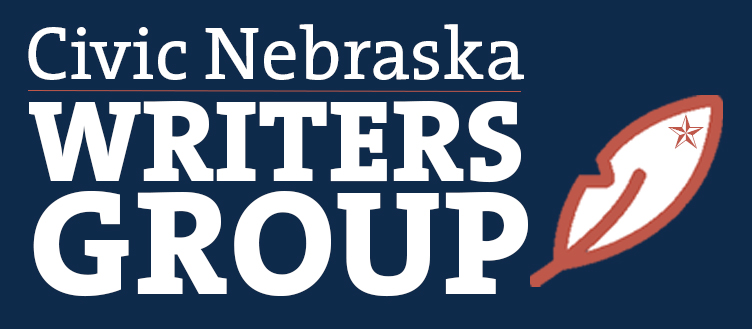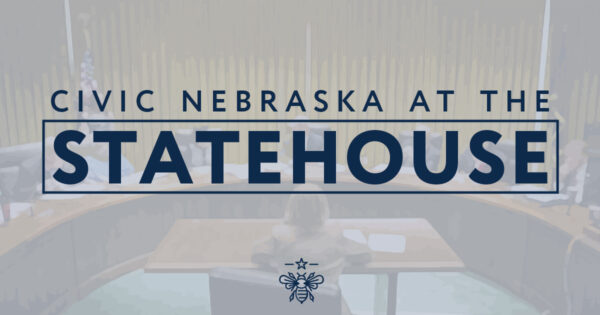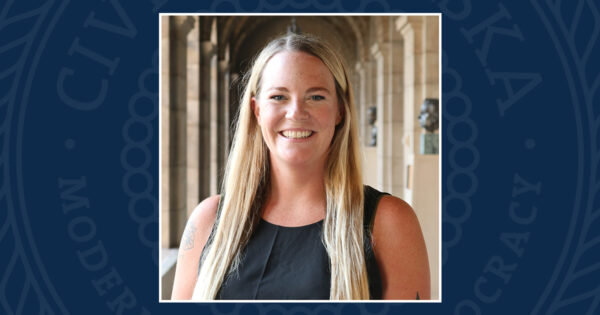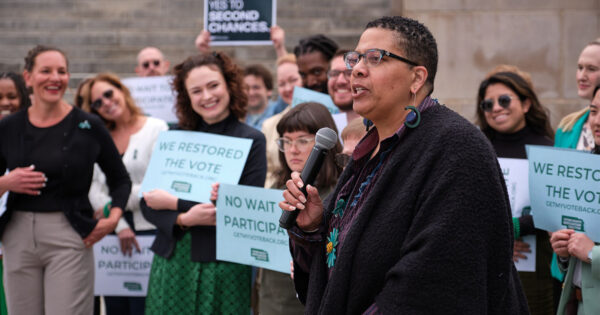 Lately, I’ve been thinking about liberalism vs. illiberalism from a political context, and how we – as a country, at least – seem to be moving past the choice between Republican and Democrat, progressive and conservative.
Lately, I’ve been thinking about liberalism vs. illiberalism from a political context, and how we – as a country, at least – seem to be moving past the choice between Republican and Democrat, progressive and conservative.
First, let’s consider the term liberal in a way that most people don’t. Liberalism is not an ideology, or about “big government” or “big spenders” or the opposite of conservatism. Liberalism is a way of approaching the world that focuses on “human rationality, political moderation, and consensus.” It does not assume policy agreement but focuses on shared values of how to make choices.
This liberalism is not for big, all-powerful government but recognizes that some institutions and the rule of law are essential to maximize the protection of individual rights. It has roots in the Enlightenment and writers like John Locke, who arguably jump-started the American Revolution and inspired Jefferson’s Declaration of Independence.
In the United States, we’ve almost always been liberal – even as, through political parties or ideologies, we’ve approached answers to achieving liberal goals differently, and even though a few have been “on the fringe.” We’ve done that through a respect for the rule of law, and the belief in the foundations of the U.S. Constitution.
There has always been a tension between what I’ll call left-liberals and right-liberals (or Democrats and Republicans, or progressives and conservatives, or whatever). Over time, we’ve agreed on core values and ideals, though we’ve disagreed about achieving them.
The flip side of liberalism is illiberalism. This article, by a political scientist who studies comparative politics, puts it well: Illiberalism “is all about social hostility and incessant conflict, typically prompted by incendiary leaders … What matters is satisfying the majority irrespective of constitutional legality.”
The United States has always been a democracy, which is not to say that it isn’t also a constitutional republic. A republic is based on the sovereignty of the public – of the people. Our Constitution calls for representation. How else do we get representation of the people except through democratic methods?
Another article written in 2018 points out that illiberalism is not a derogatory code word for “policies we disagree with.” Rather, it rejects the necessity of independent institutions as checks on the government and dismisses the idea of legitimate disagreement in the public sphere. So, ultimately, illiberalism rejects the separation of powers, the fallibility of individual leaders, the rule of law, compromise, and consensus as a means for policymaking.
It insists that those who disagree with our way of doing things hate America. It is ultimately divisive because it pits Americans against one another in ways that are unhealthy to the body politic. It creates enemies out of neighbors.
This is not the fault – at least not directly – of any person, party, or political ideology. If we are honest and look around, we can see illiberal elements on the right and the left, among Democrats, Republicans, Libertarians, Greens, and anyone else out there.
More likely, it’s the fault of us Americans, who have become lazy when it comes to protecting our liberal foundations. The answer to saving us from illiberalism is not in a candidate (certainly not one for president, although some may accelerate the slide, while others slow it).
The answer to saving us from illiberalism is to become more liberal again. Return to our foundational principles. Realize that individuals have rights, even if we disagree with them. Work to persuade, not to force. Talk to one another without hostility.
The easy thing is to become illiberal – to blame someone else for all our problems. But that’s counterproductive. Illiberalism doesn’t appreciate the rights of individuals. With illiberalism, the people aren’t sovereign. If we like the idea of our Constitutional/democratic republic, then it’s up to us to fix it.
Everyone knows the story of Benjamin Franklin describing what the Constitution had created as “A republic, if you can keep it.” Franklin and the other Founders understood our republic was founded on the principles of liberalism. The Federalists and Anti-Federalists understood that. Republicans and Democrats have mostly understood that over the years.
Disagreements will still happen. Liberalism doesn’t make us perfect people; it just makes us a more perfect union.
A senior policy fellow at The Platte Institute, Laura Ebke served the 32nd Legislative District in the Nebraska Legislature from 2015-18.




